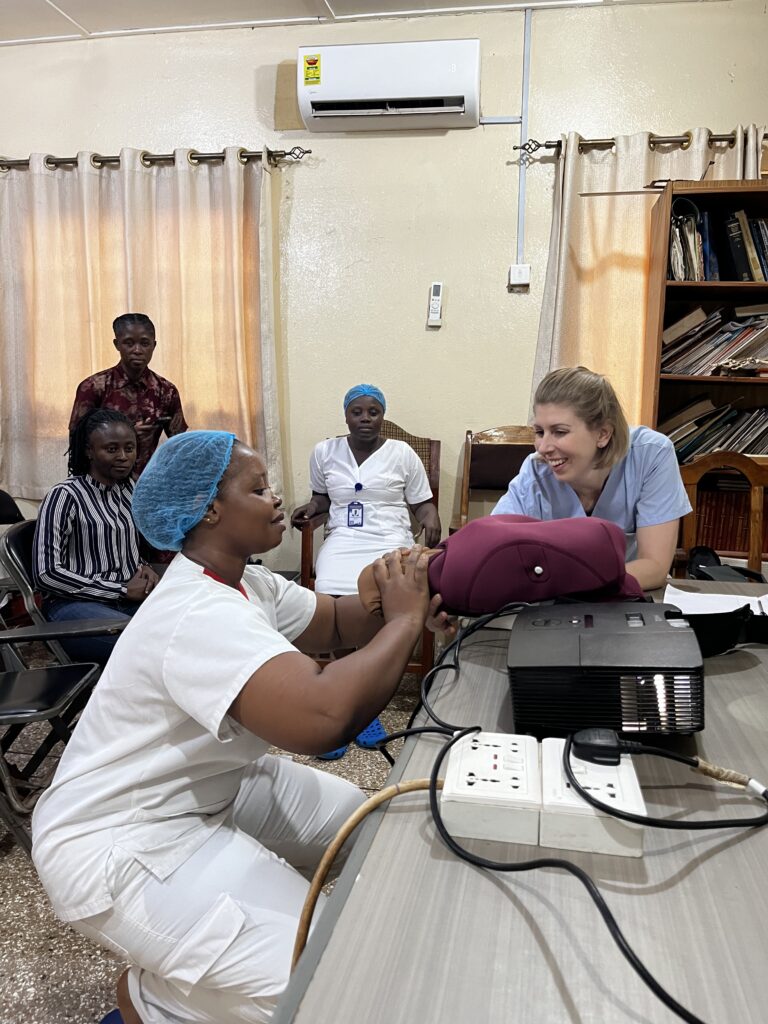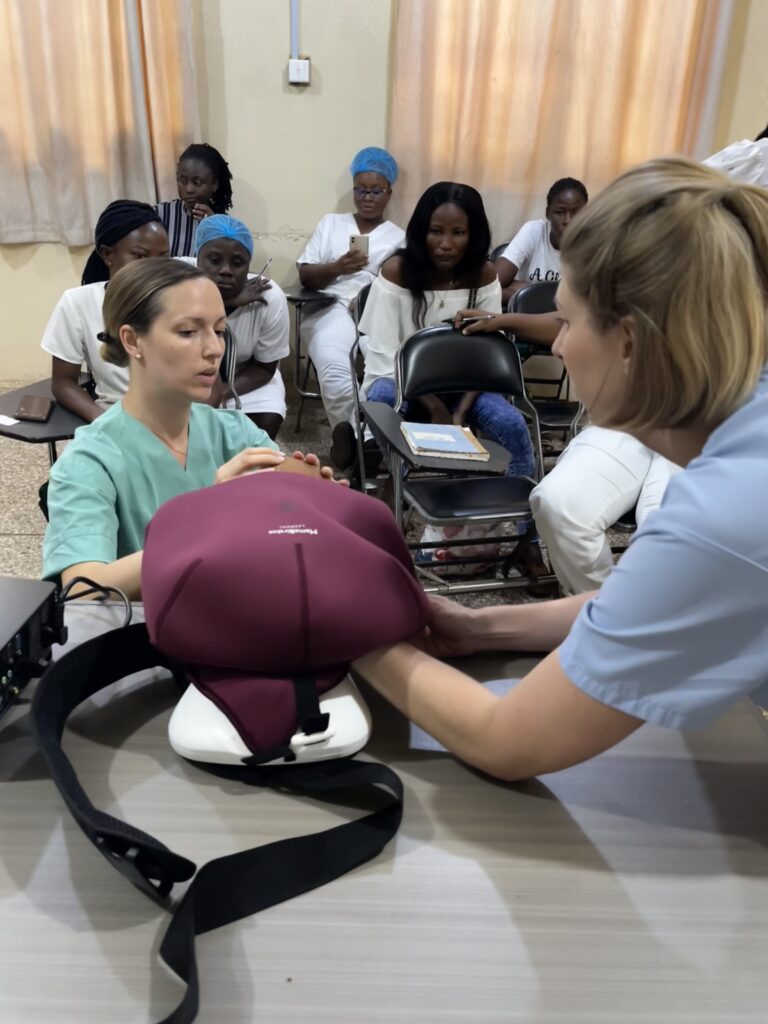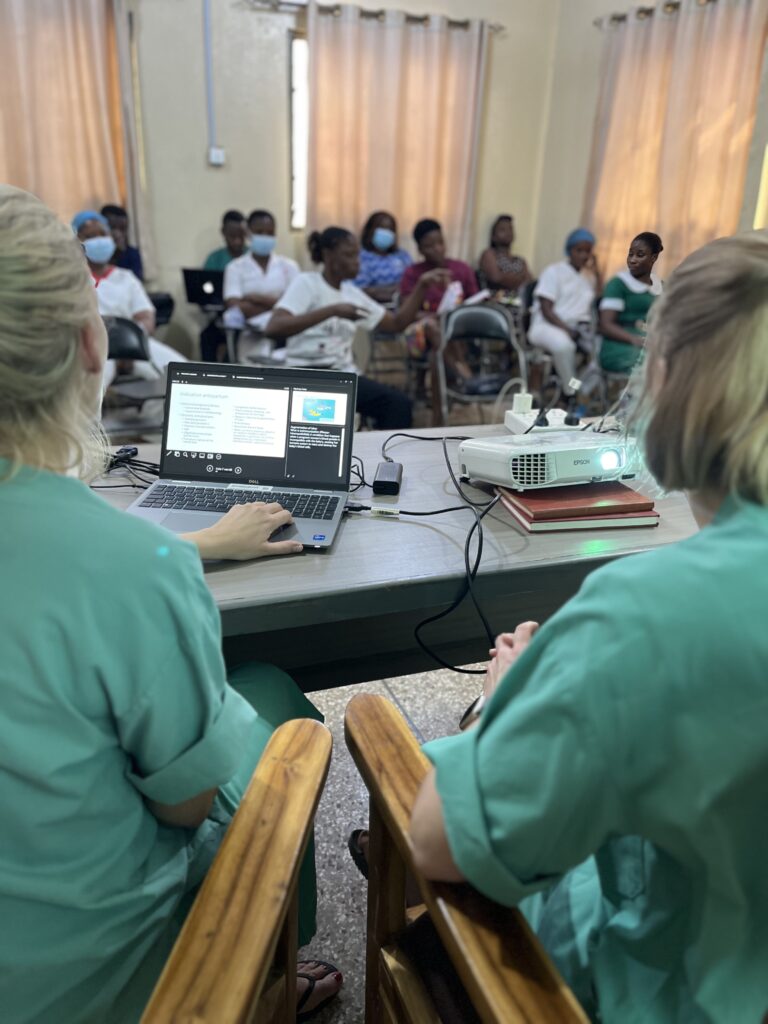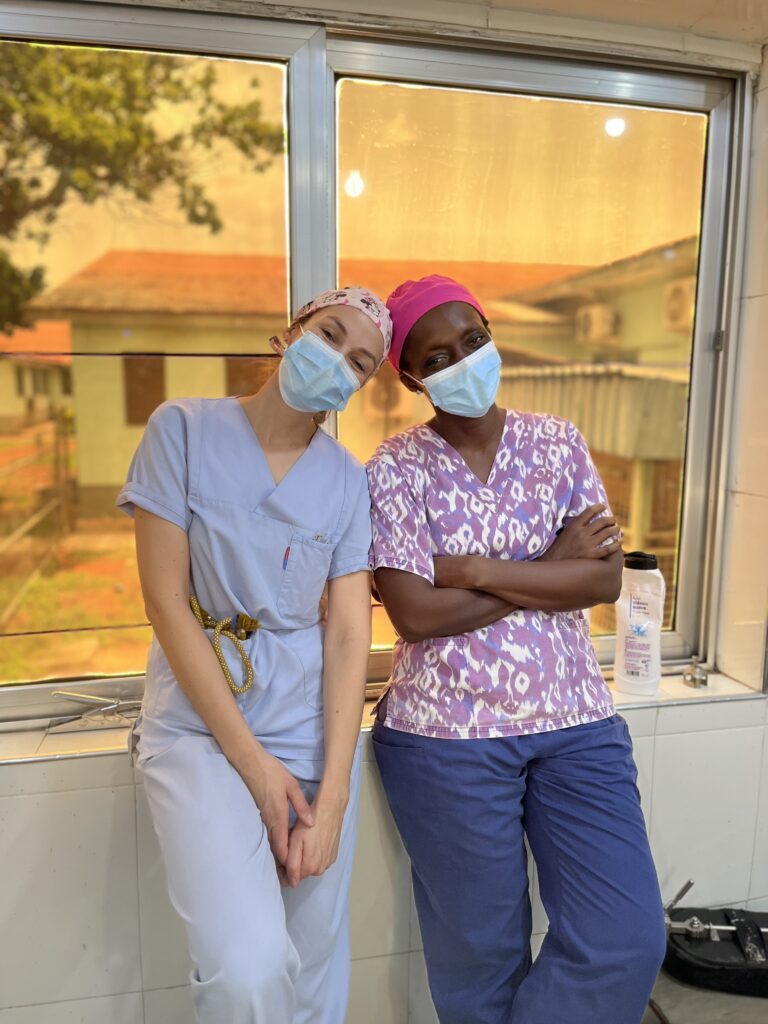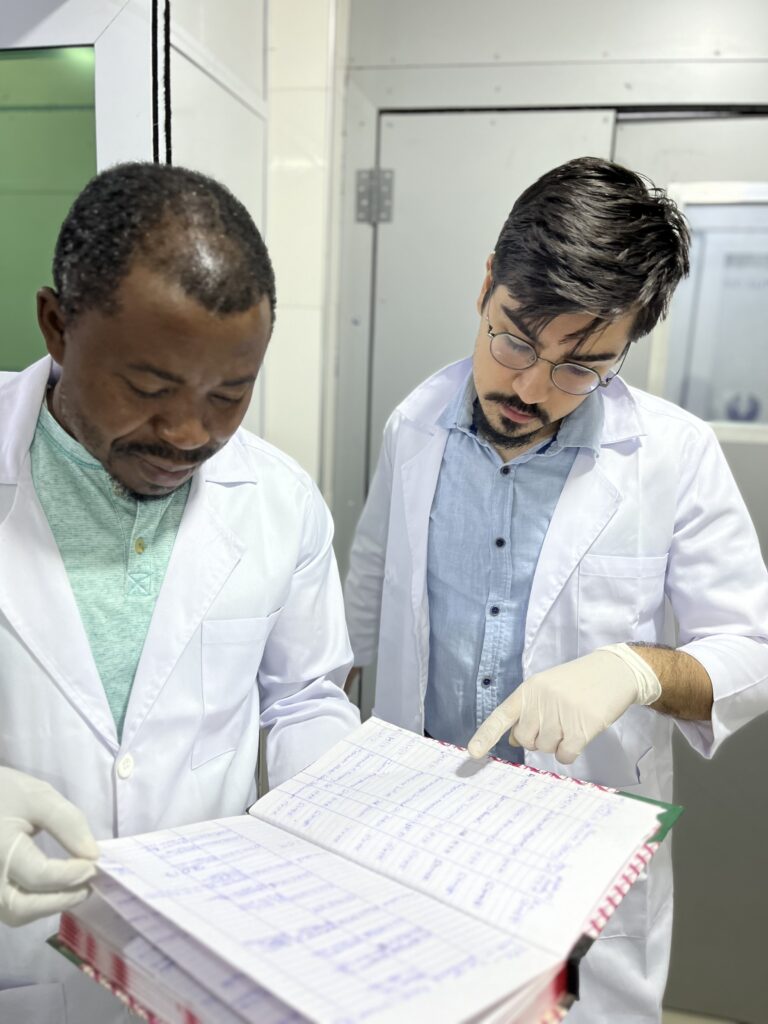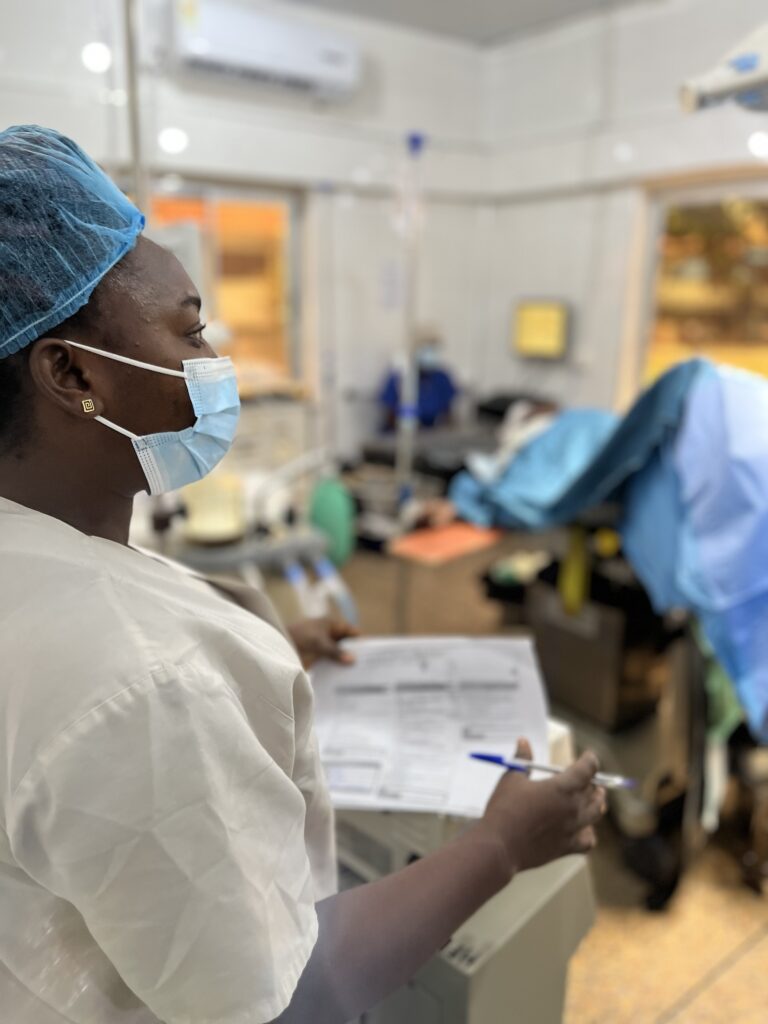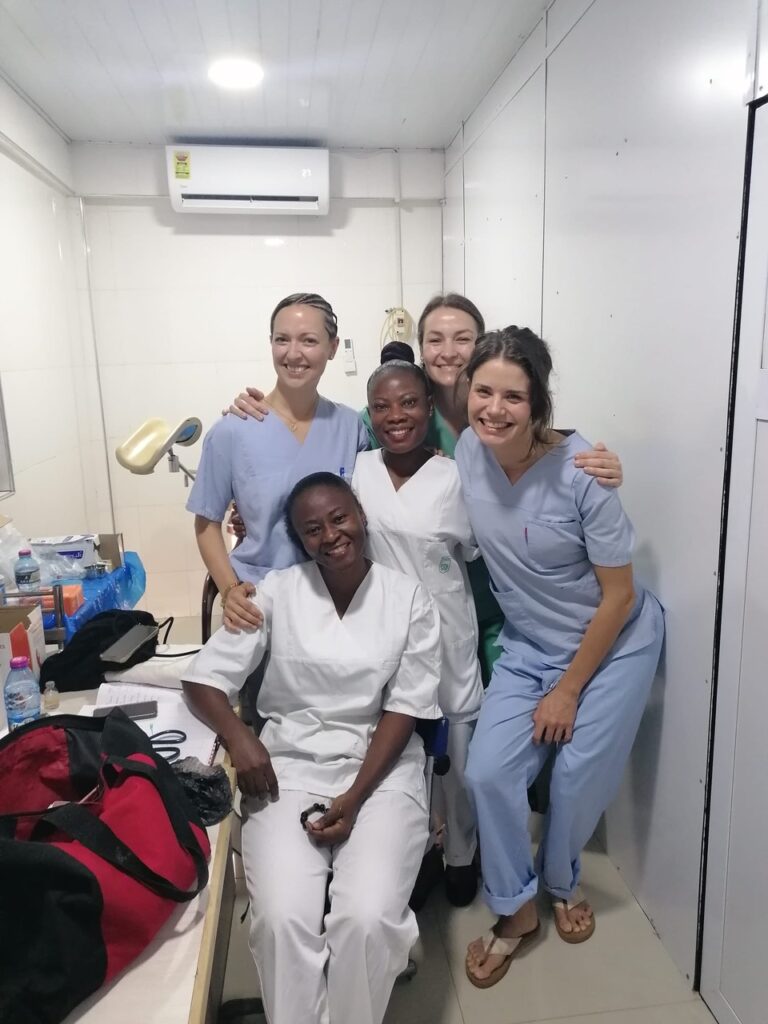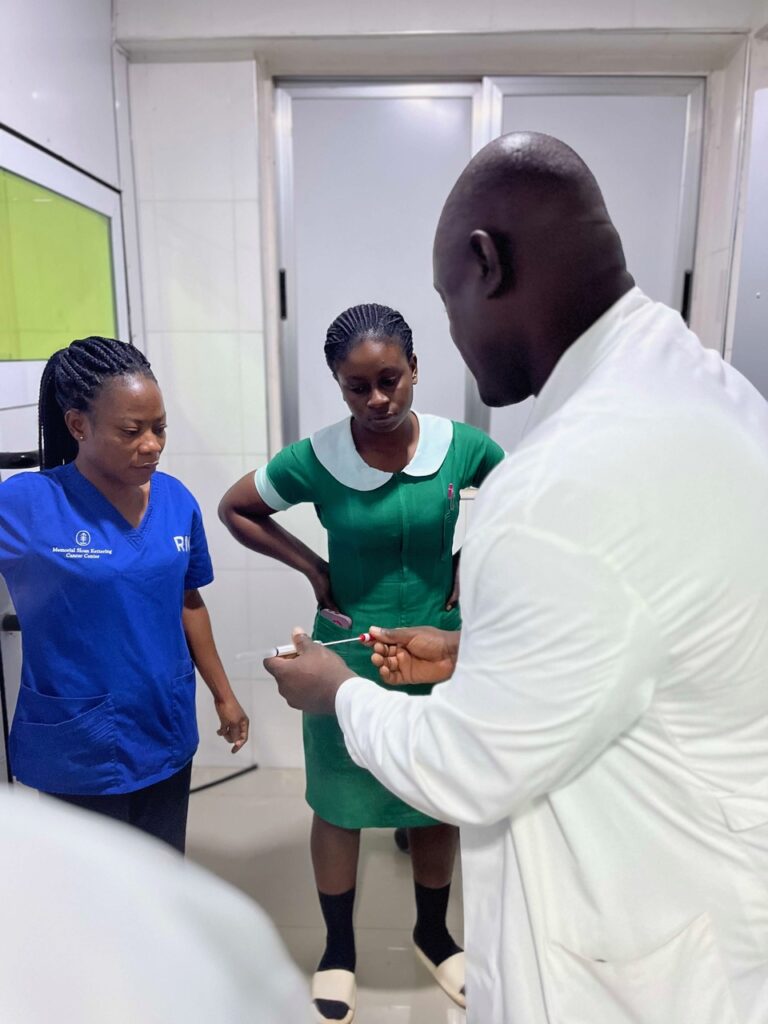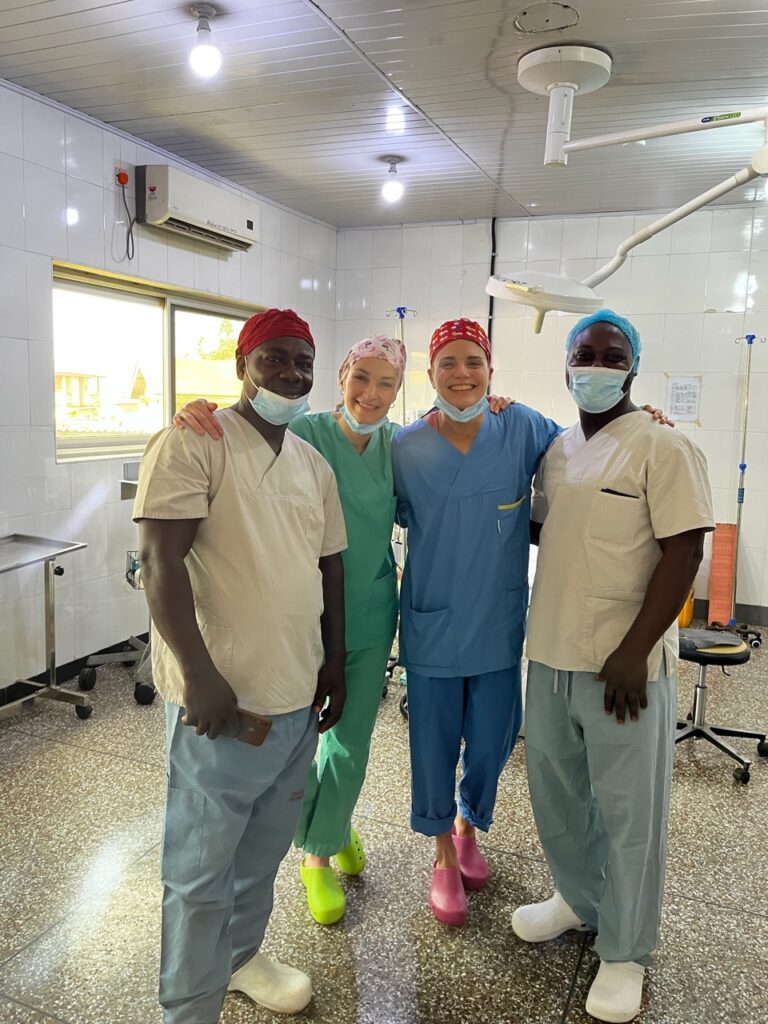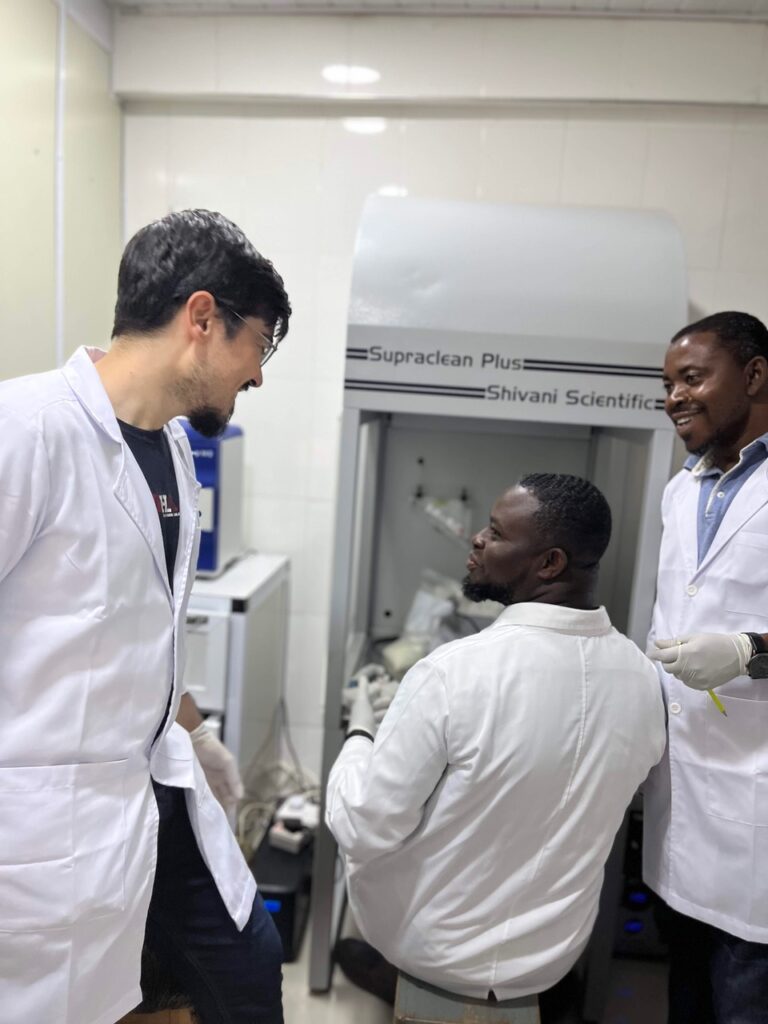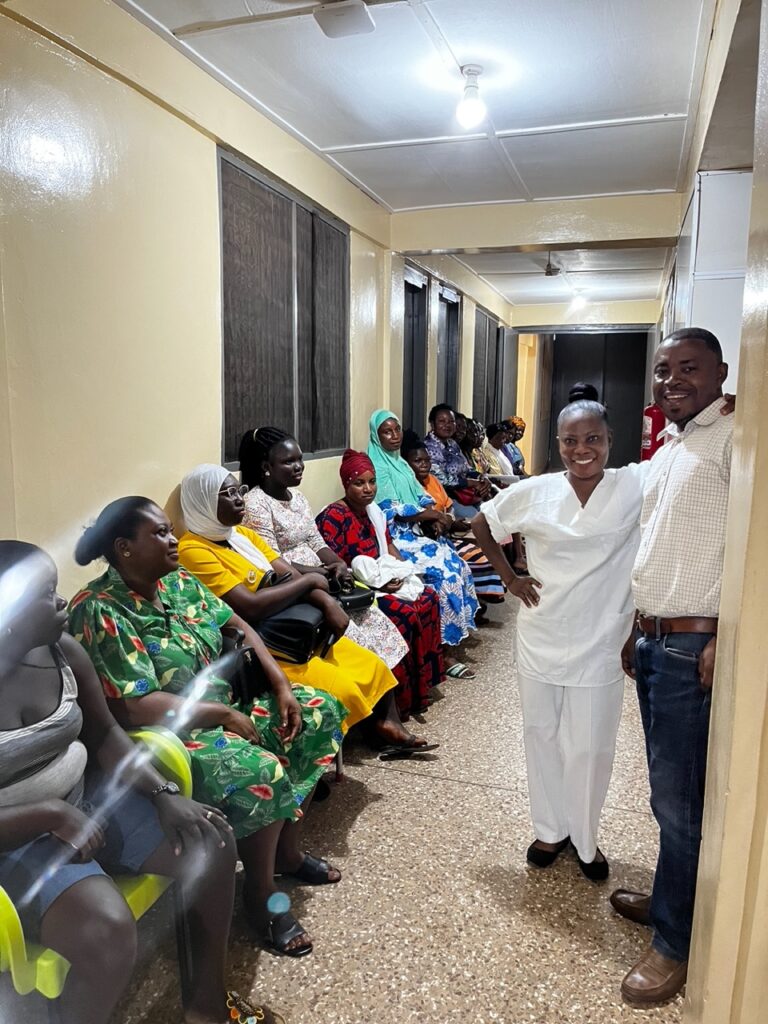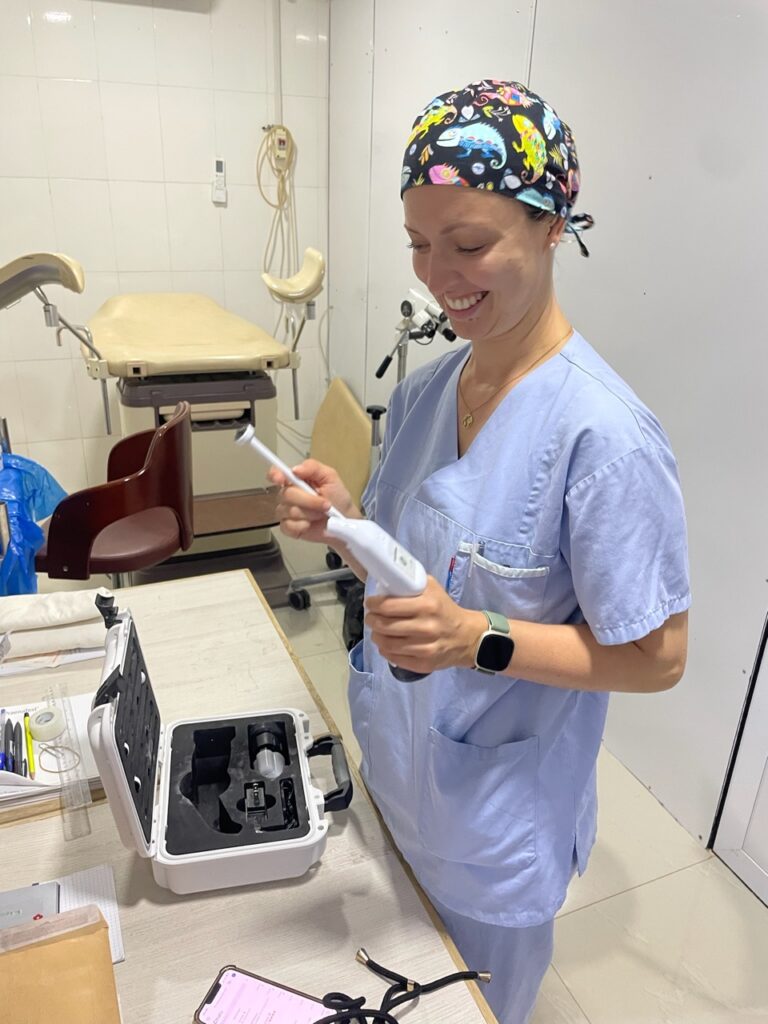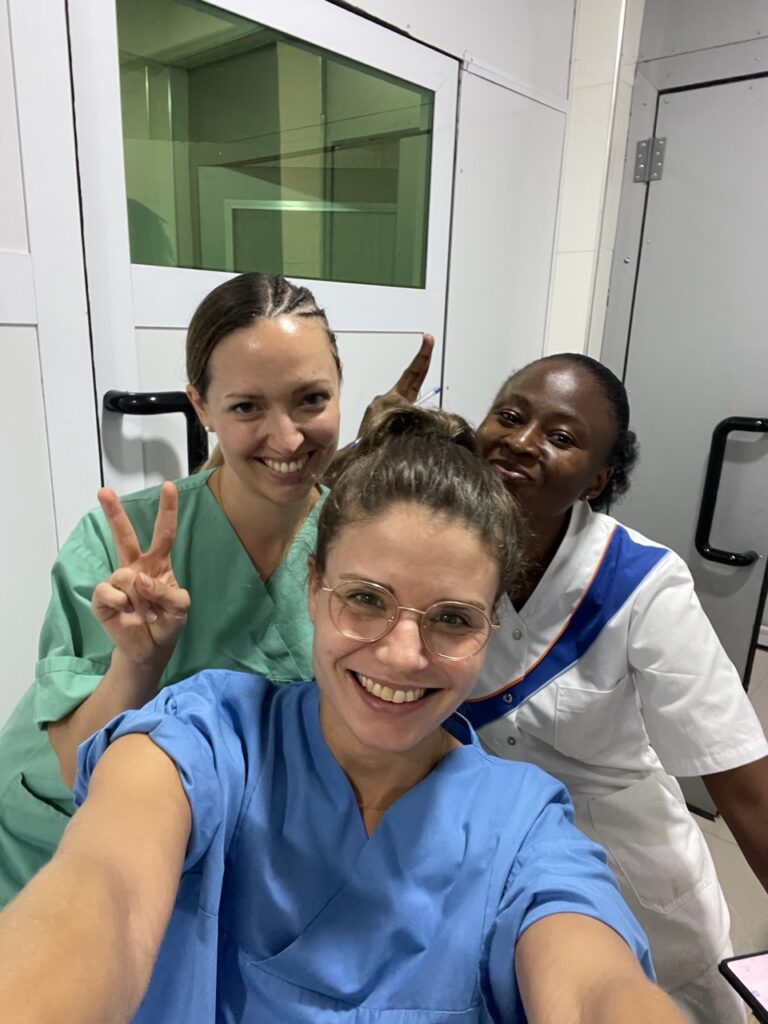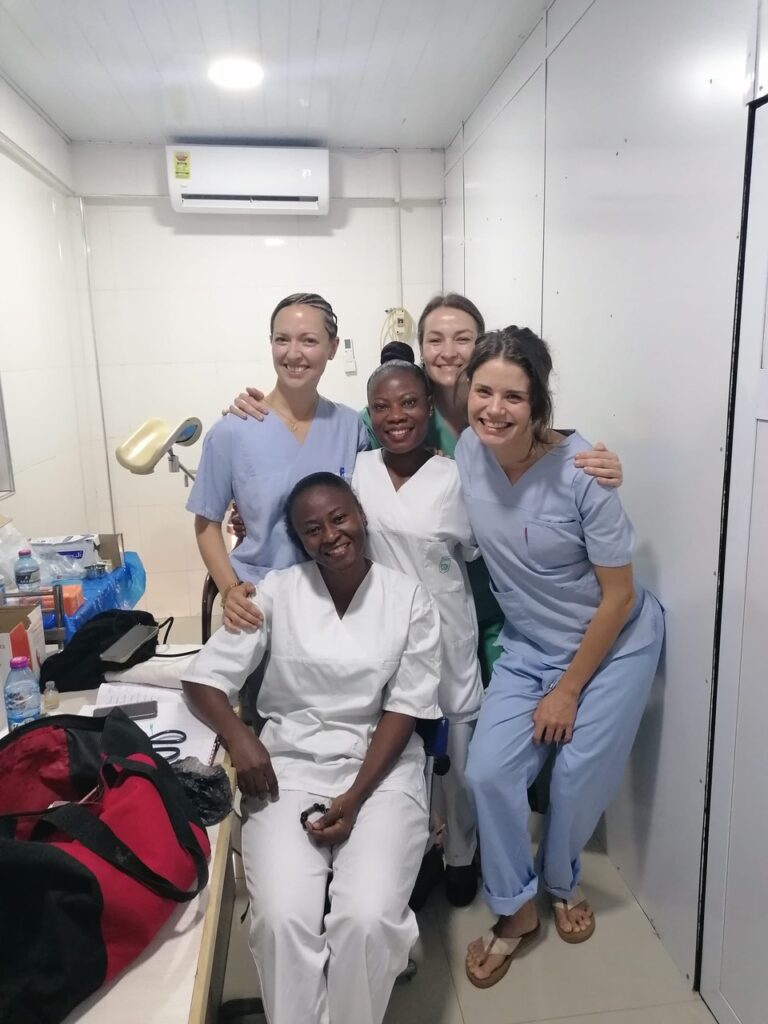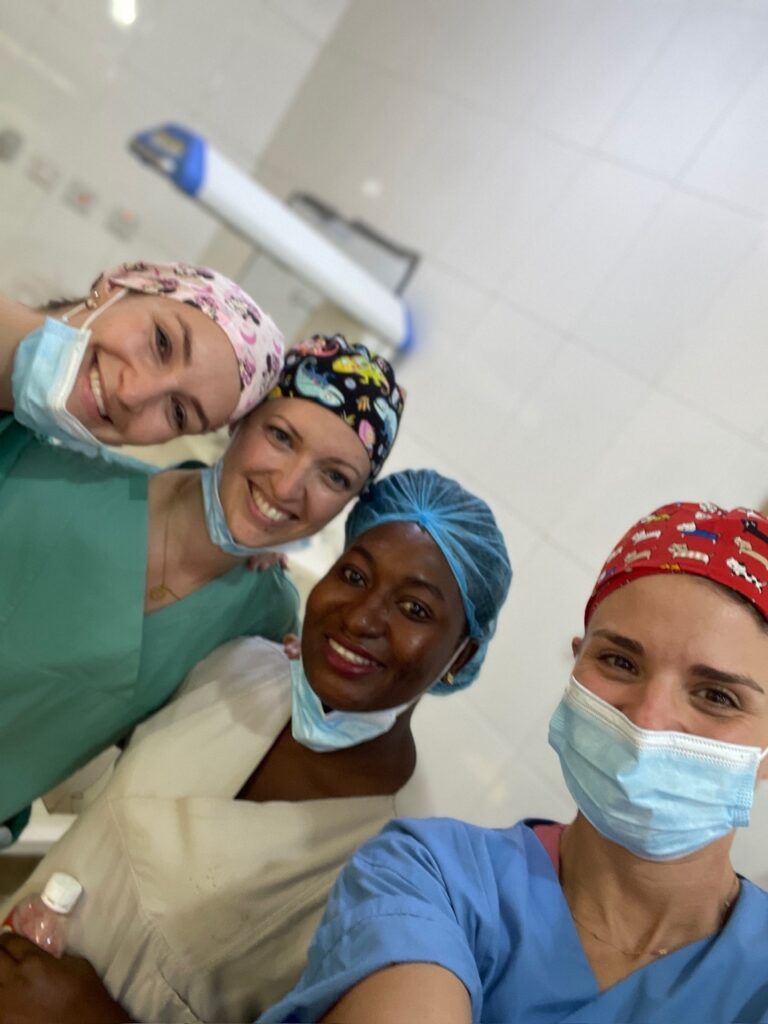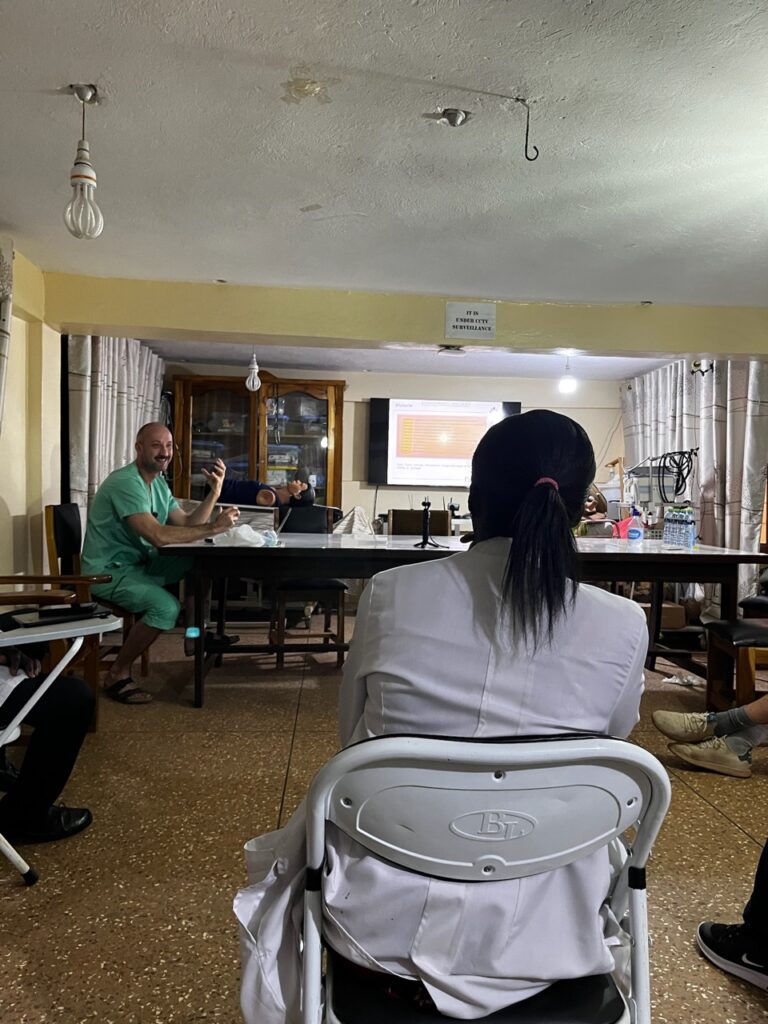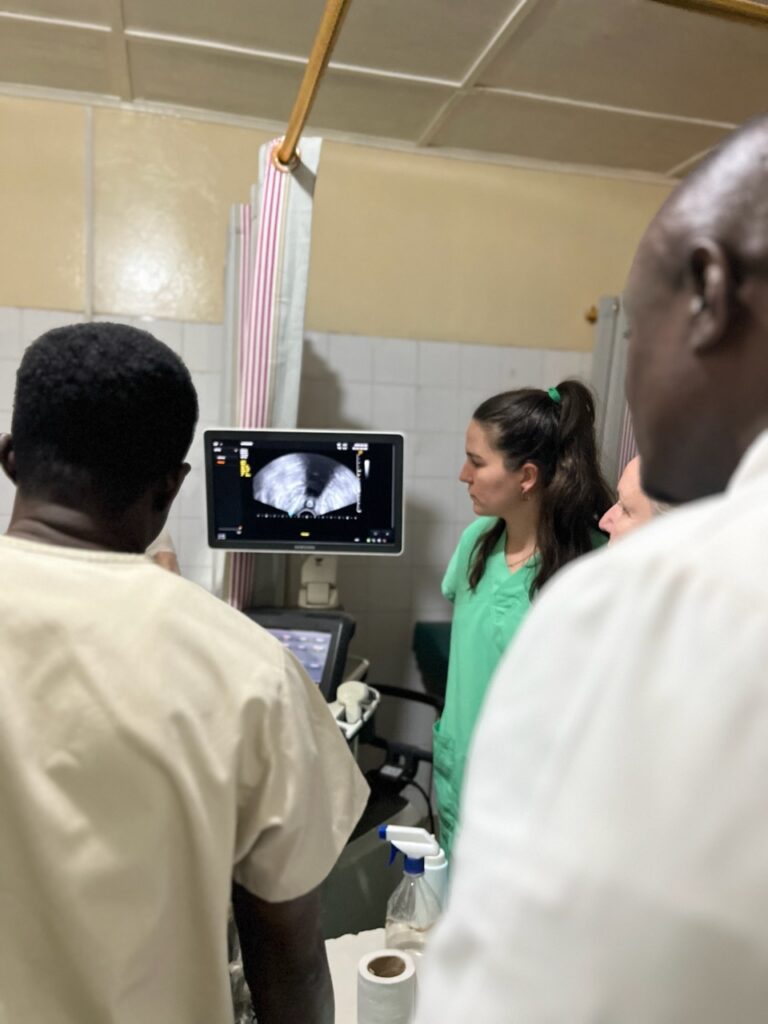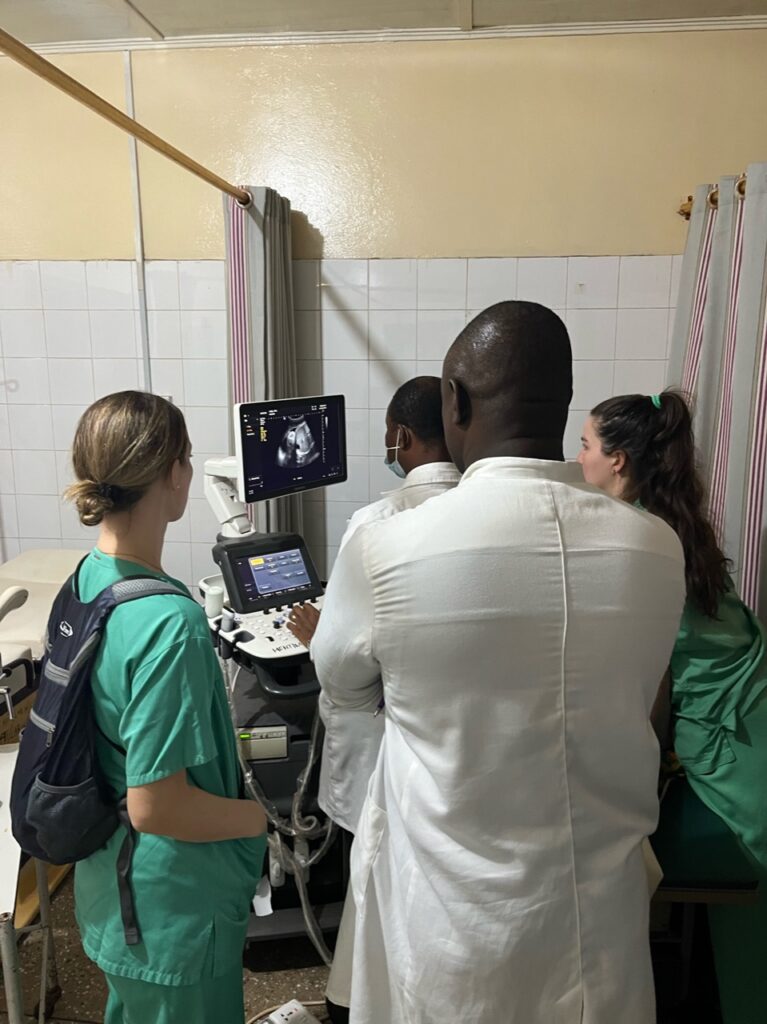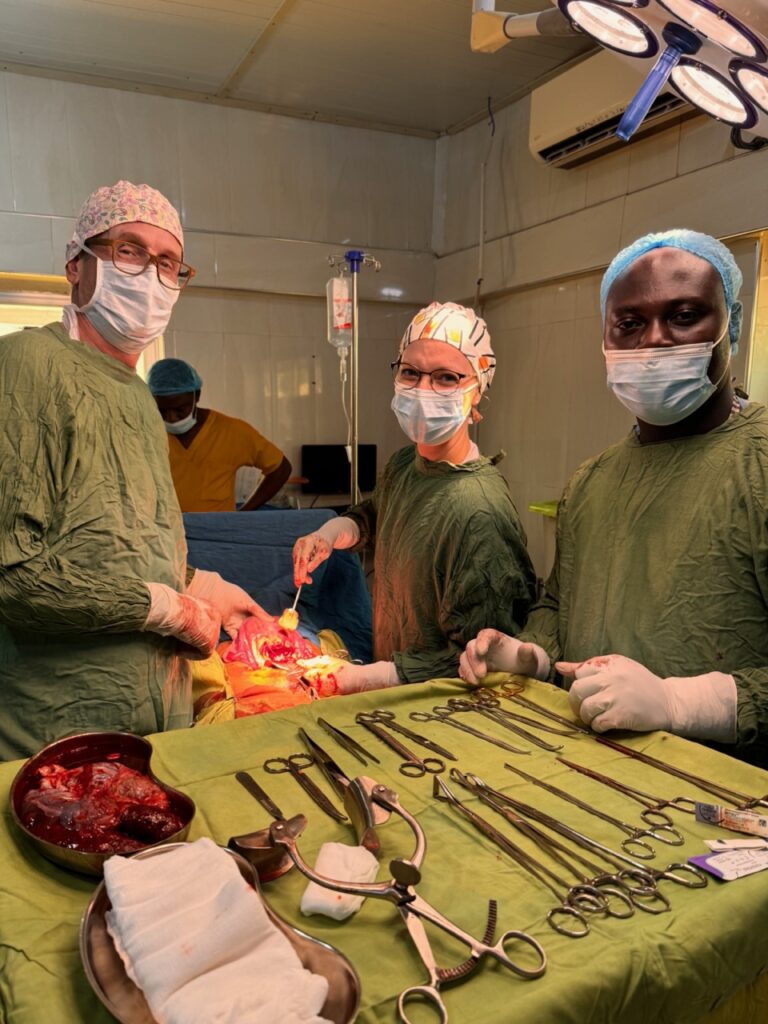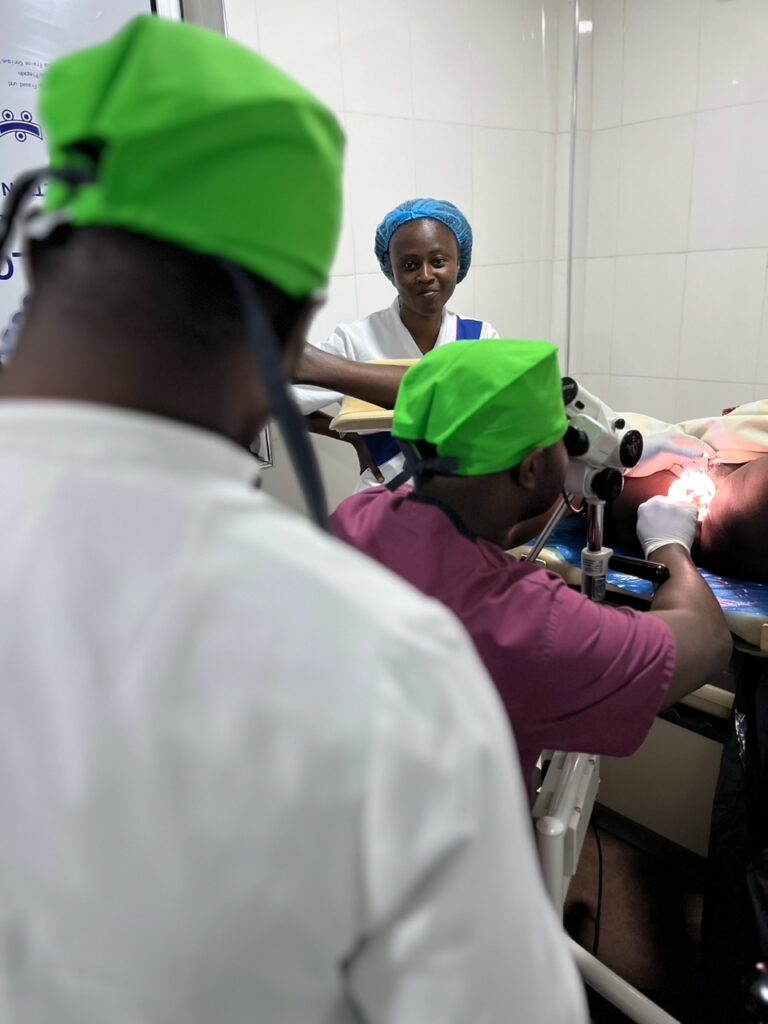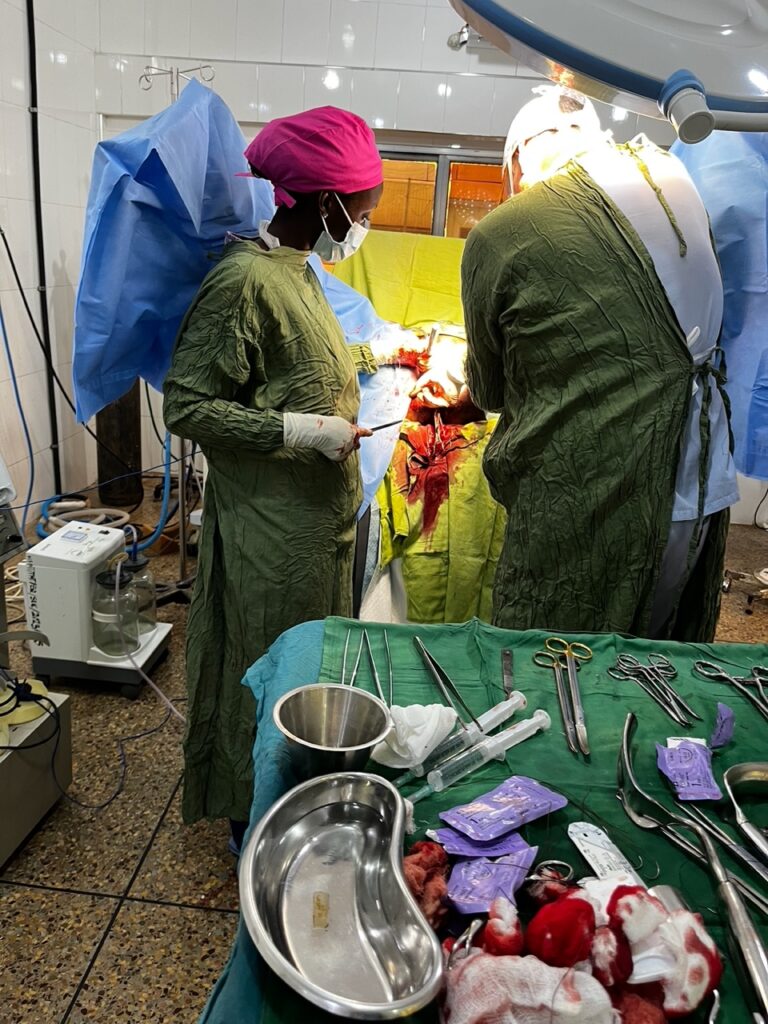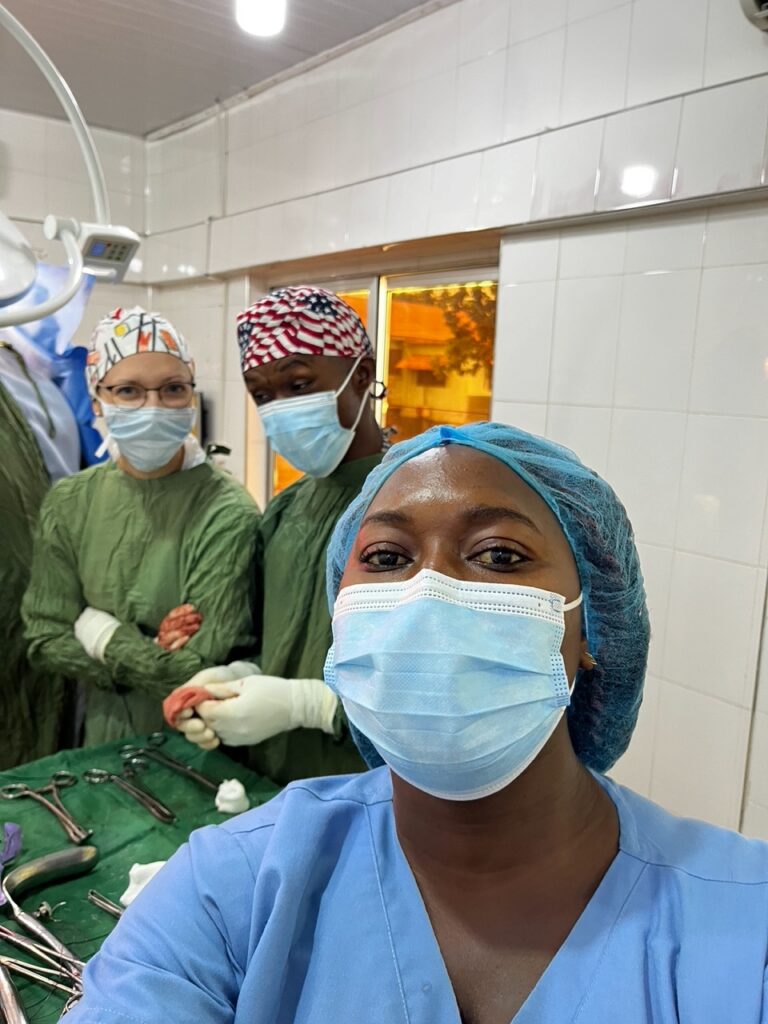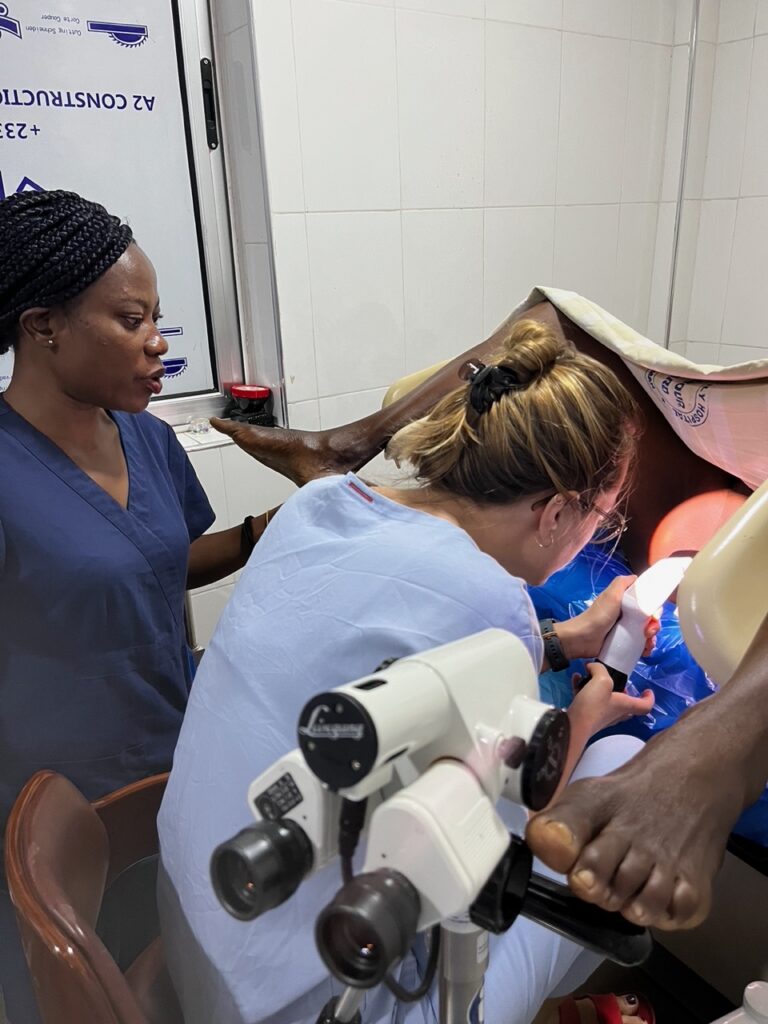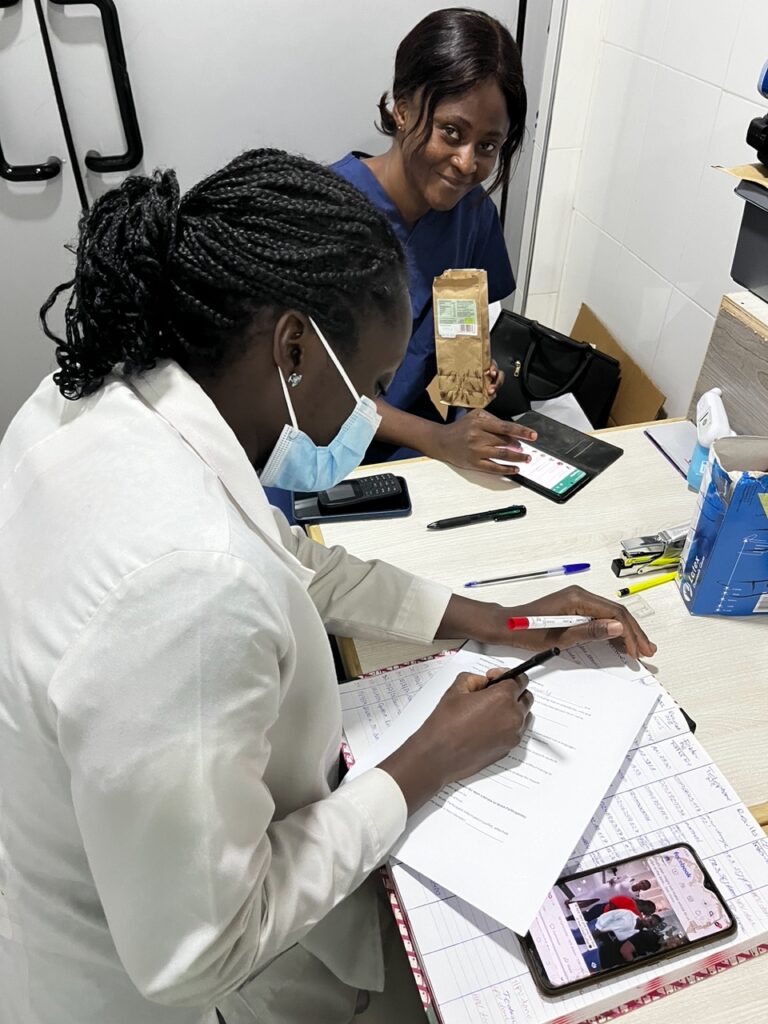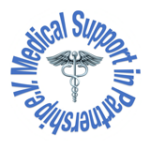Humanitarian Training
The second key feature of sustainable humanitarian work is to focus on the development of local colleagues’ skills and expertise. We firmly believe that the most important part of our work is to teach—whether theoretically, in person, via telemedicine, or practically. This training can be conducted through organized simulation sessions, for example in laparoscopy or obstetrics, or through hands-on training in the operating room when teaching new techniques. Additionally, training can be provided on the ultrasound machine while performing various diagnostic procedures. This approach allows for the gradual and steady building of skills under controlled conditions so that our colleagues can continue to practice even after we have left.
We focus on all health care professionals, which means that our teams are multidisciplinary, consisting of nurses, midwives, doctors, as well as documentation personnel. Documentation is particularly important for ensuring transparency for our donors, partners, and also for enhancing the visibility of our local partners and our projects. By maintaining detailed records, we can clearly demonstrate the progress and impact of our work, thereby fostering trust and continued support from all interested groups.
